Fertility treatments for Parisian women
Our clinic offers all the available IVF treatments in Europe with personalized and trustworthy care. We have our own laboratory equipped with state-of-the-art technological equipment.
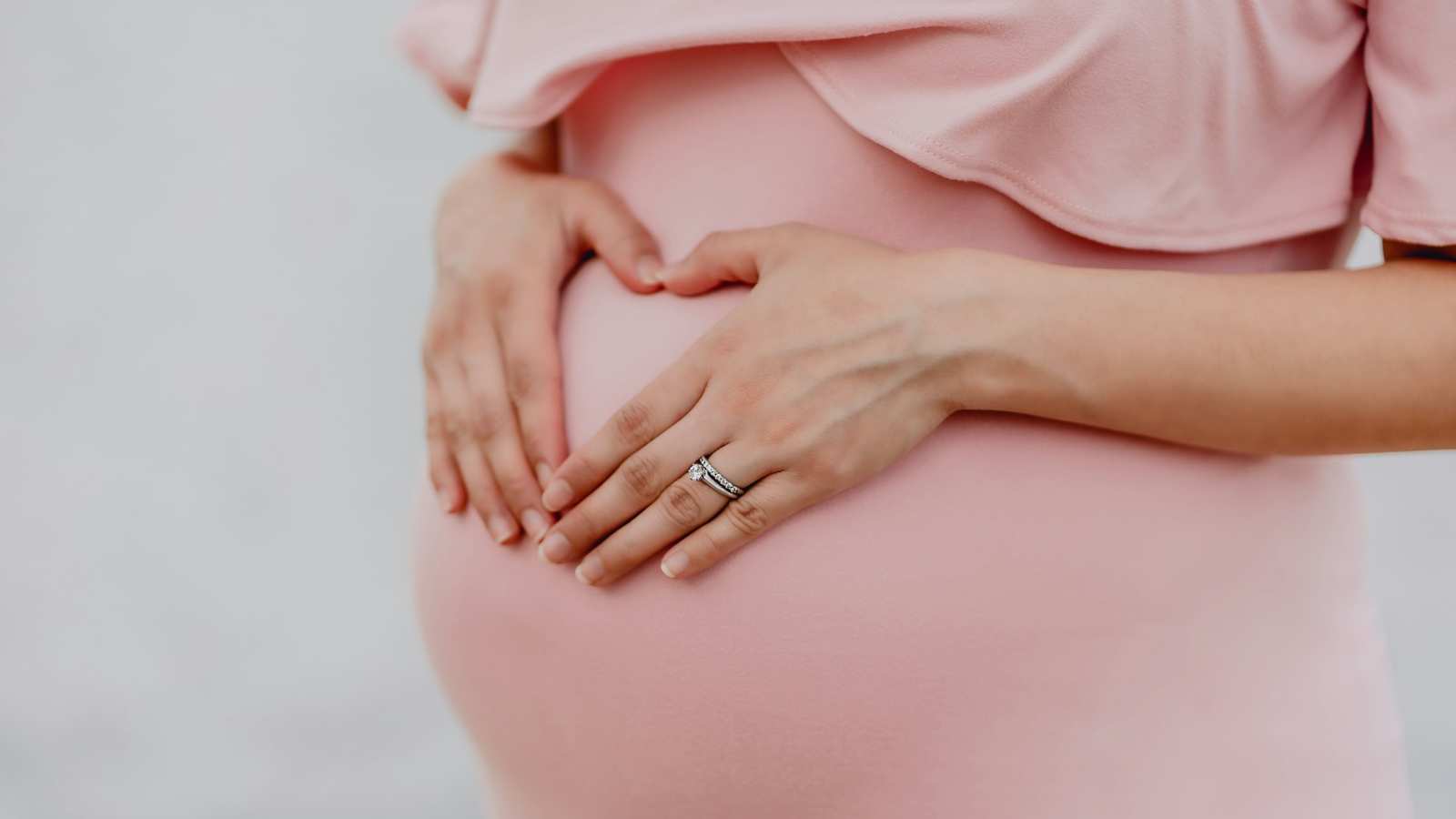
Our clinic offers all the available IVF treatments in Europe with personalized and trustworthy care. We have our own laboratory equipped with state-of-the-art technological equipment.
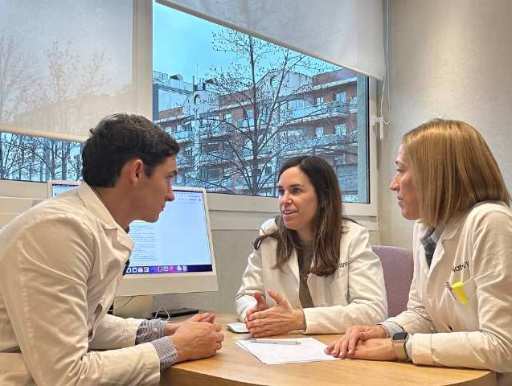
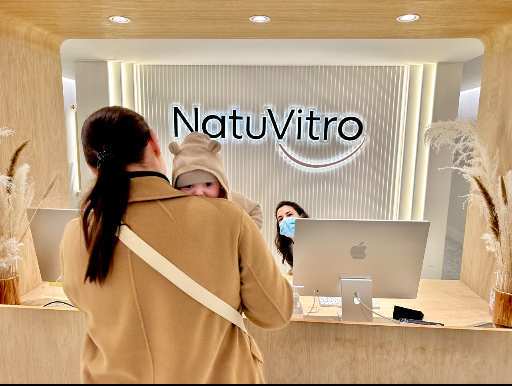
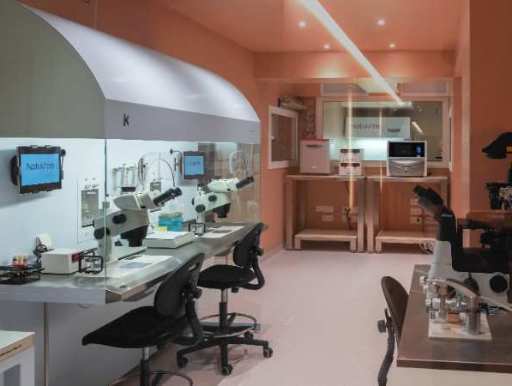
In France, Paris and Île de France is the region with the most fertility centers, including public centers like Cochin, Tenon, Bichat, Diaconesses ..., numerous private centers like La Muette, Foch ..., and many specialized fertility clinics. This healthcare offer is of high quality and often renowned, but sometimes for various reasons, such as age limit, long waiting times, pre-implantation diagnosis, the choice of Spain becomes necessary. The NatuVitro team guarantees you immediate care, attentive and personalized treatment with a wide range of options. In our clinic, you will find a warm and dedicated medical team ready to provide personalized care specifically tailored to your needs. Our comprehensive range of treatments is not only of high quality, but also widely recognized throughout Europe. We have organized ourselves to facilitate your care by limiting your travel to a few days, even though the journey between Paris and Barcelona is easy (by plane, train) and there are many varied accommodation options available on site. Barcelona is an attractive city that can be defined in 3 words: culture, style, and harmony. Your fertility journey can be accompanied by moments of relaxation and discovery, thus alleviating the emotional burden of treatments. So, if you come from Paris in search of support, personal care, without waiting, easy logistics, and a chance to transform your fertility journey into a beautiful experience, then we are waiting for you.
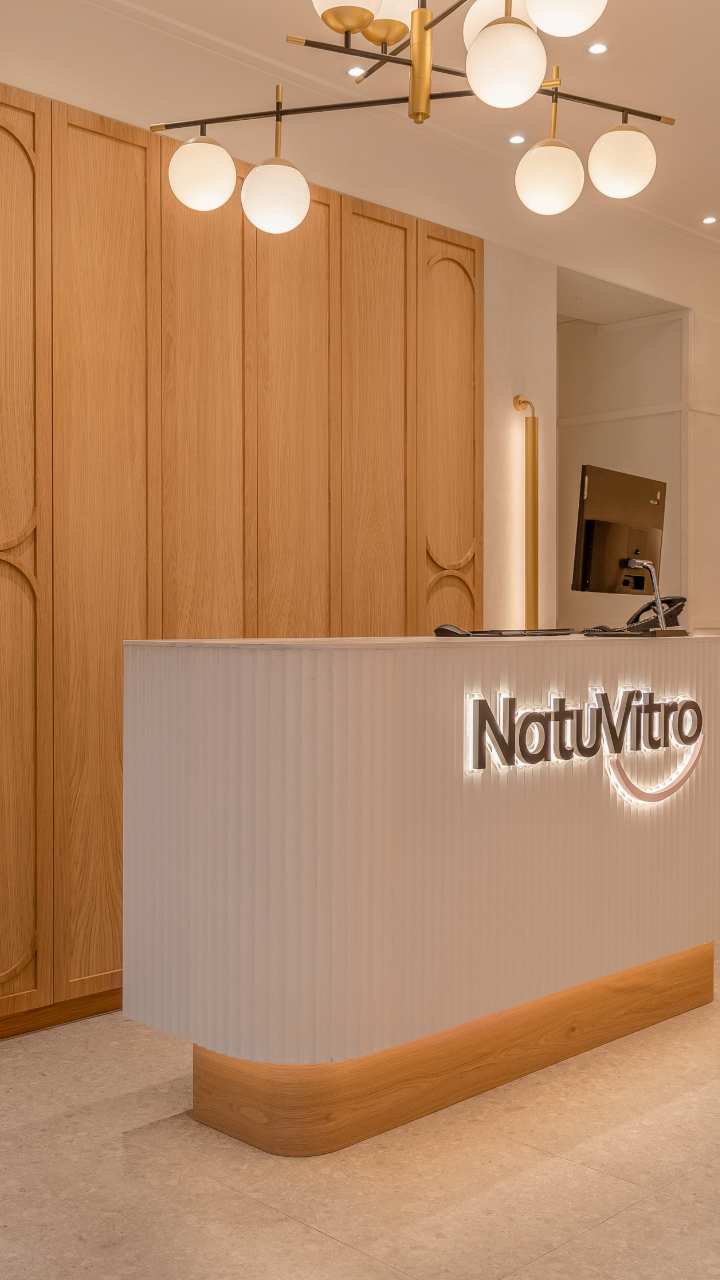
Personalized treatment, our expertise, and cutting-edge technology combine to redefine what is possible in your case...
We have one of the best success rates thanks to the experience of our doctors, carefully chosen individual treatments, and the first-class technology equipped in our laboratory. If you want to learn more about success rates, select the treatment you need below.
A woman's eggs are fascinating cells that, once fertilized, allow for the creation of a new life. Girls are already born with several million immature eggs, an ovarian reserve that naturally decreases, with this loss accelerating when they reach their thirties.
PGT allows us to drastically reduce the risk of transmitting genetic malformations with serious consequences for the future baby throughout their life, and offers a remarkable improvement in IVF success rates since it allows us to detect in advance those embryos affected by genetic malformations.
The double donation is required in cases where you have problems with your ovaries, whether it be due to age or other reasons, and for your partner, sperm donation may be necessary for various reasons (genetics, sperm abnormalities...). Double donation is the assisted reproductive technique that offers the highest success rate.
Scroll right to see all the doctors
Discover which treatment suits you best.
The consultation can take place either online or at the clinic. Choose several days and times, we will adapt to your schedule.


The doctor will advise you to the best of his ability, do not hesitate to ask him all your questions. During the consultation:
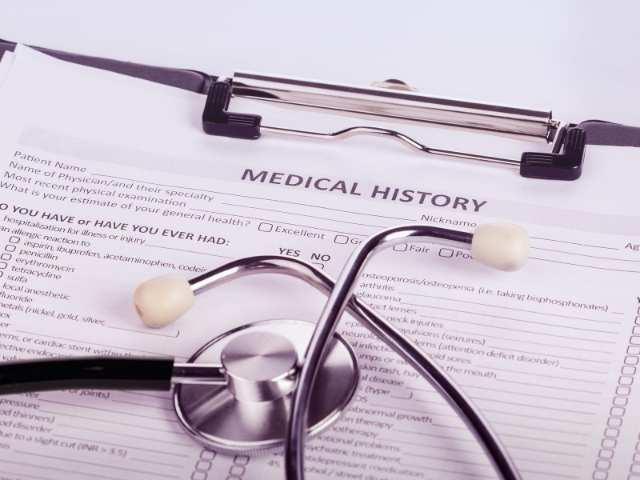
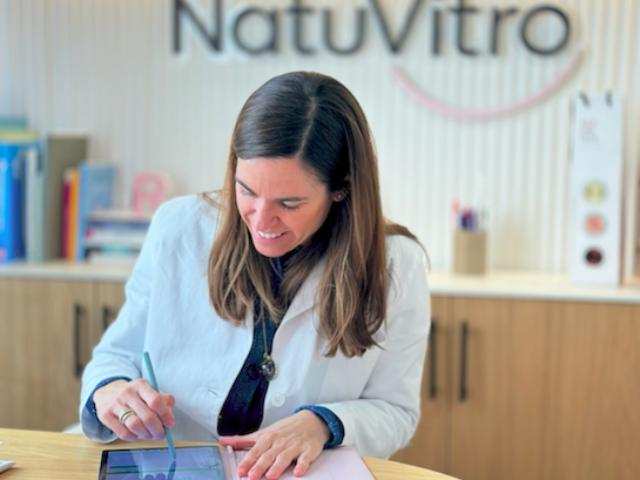
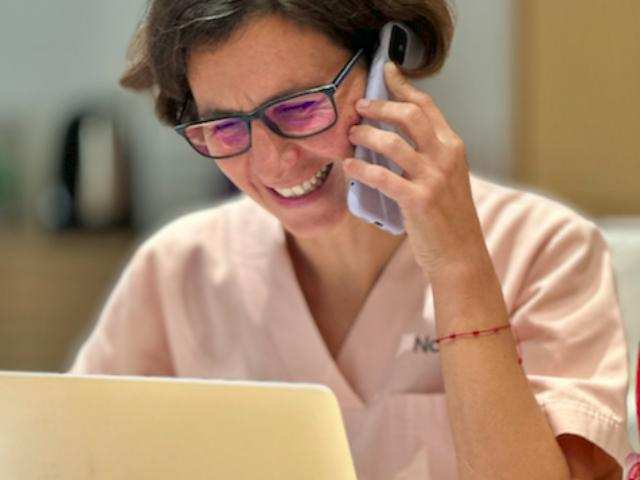
First certified VOC-Free Lab in Spain. You embryo is safer and healthier with us!
The Embryoscope Flex® provides a stable and controlled environment. The microchambers allow us to monitor the development of each embryo and help us decide when it is the right time for transfer or cryopreservation. These images are the first movie of your future baby.
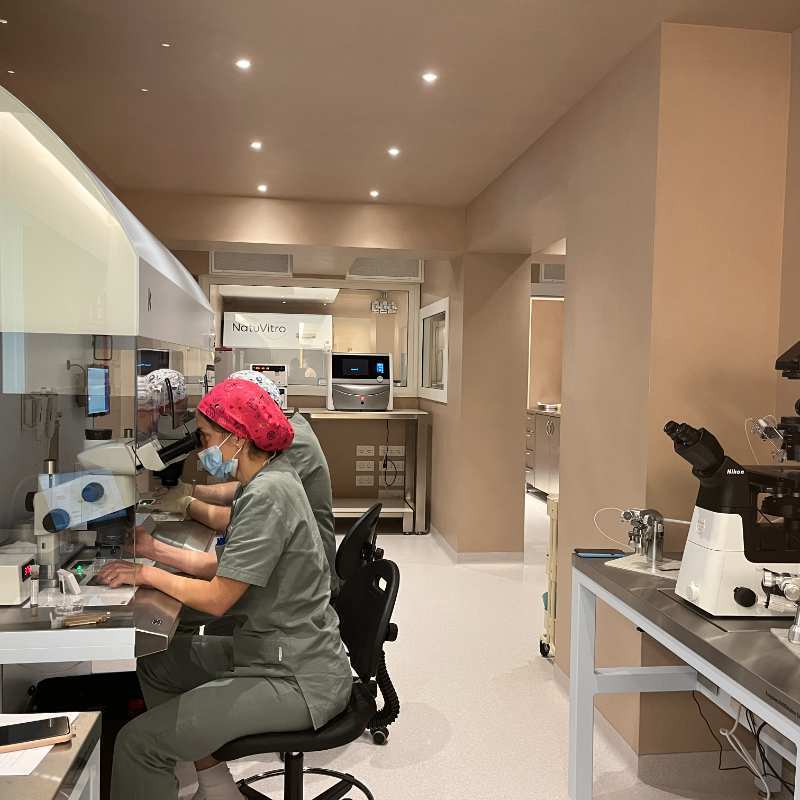
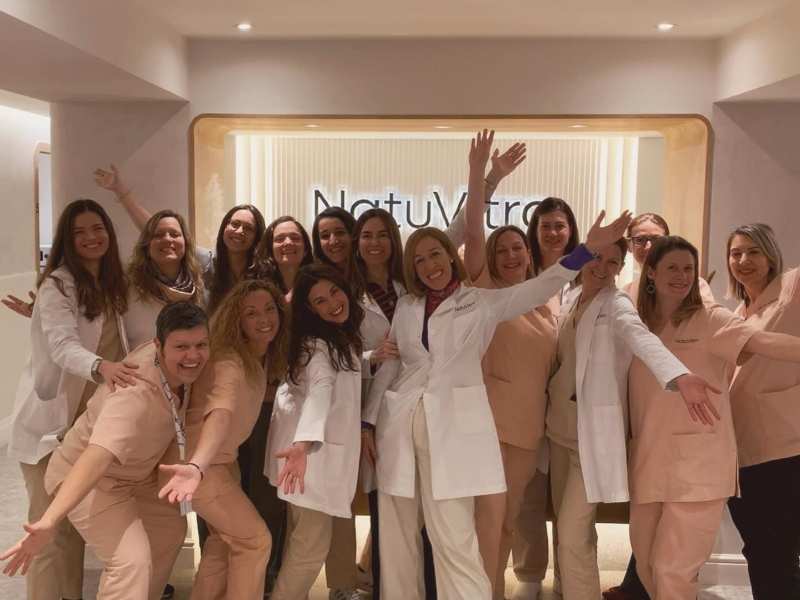
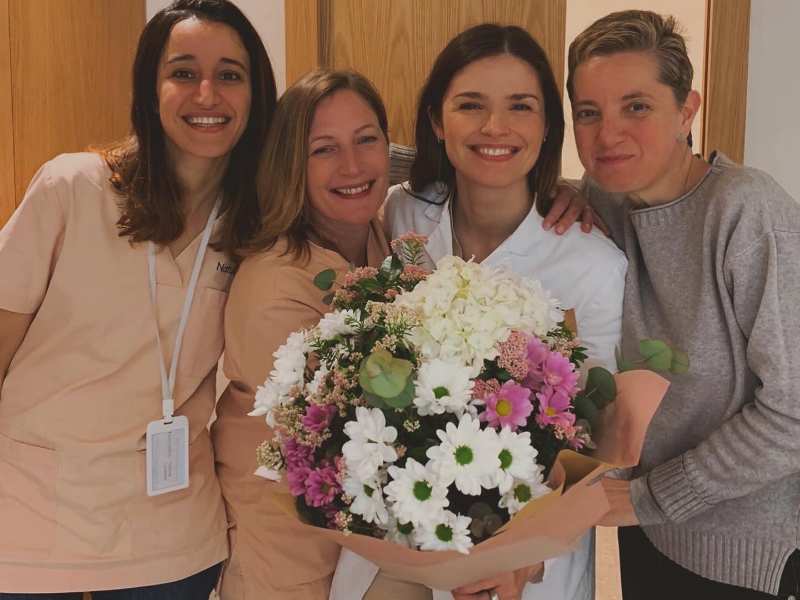
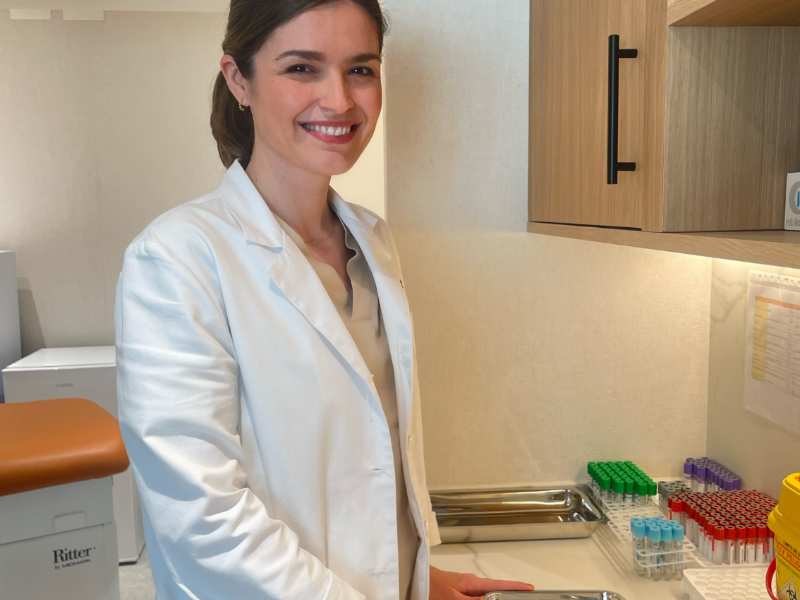
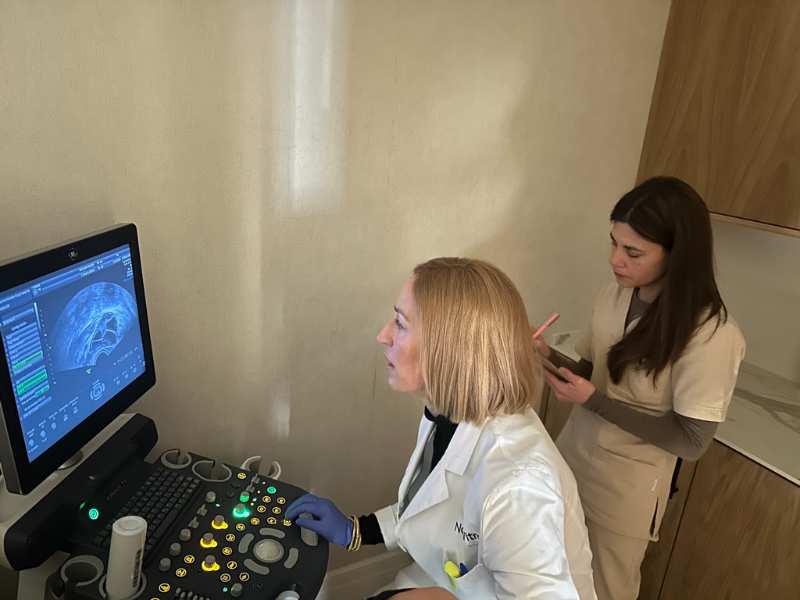
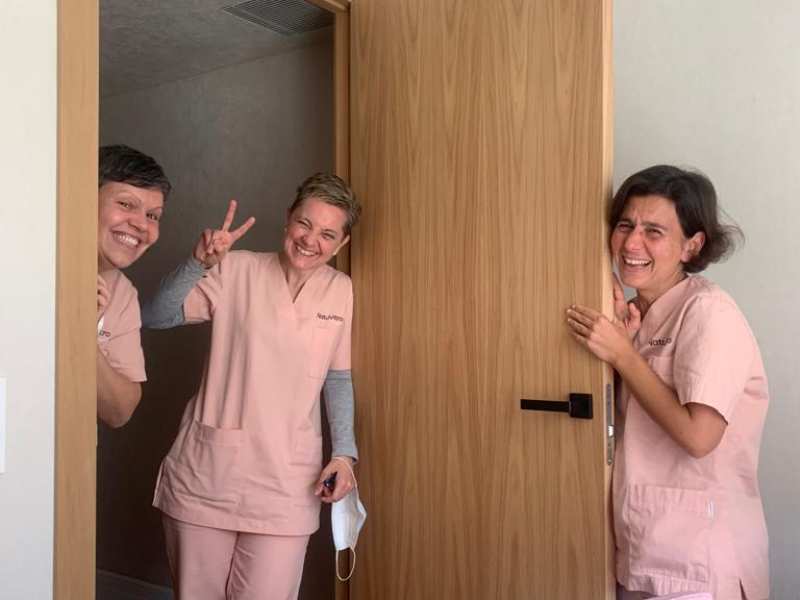
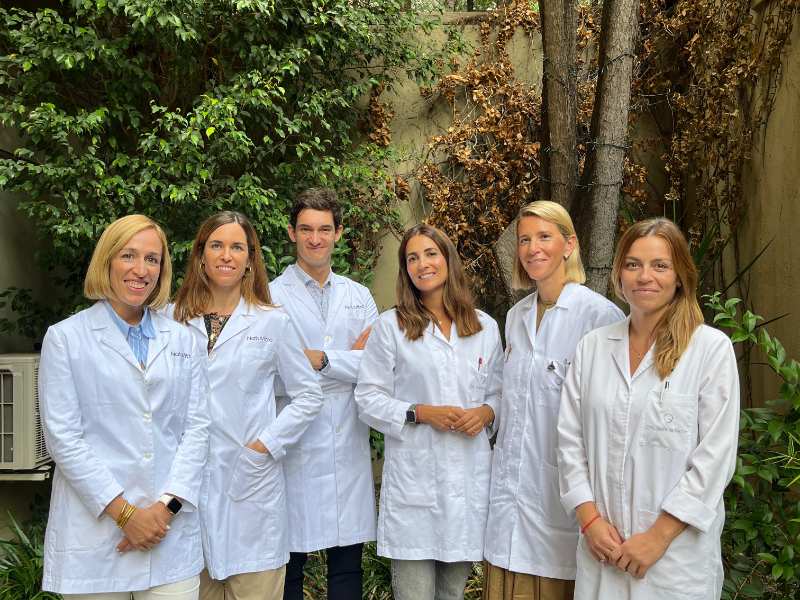
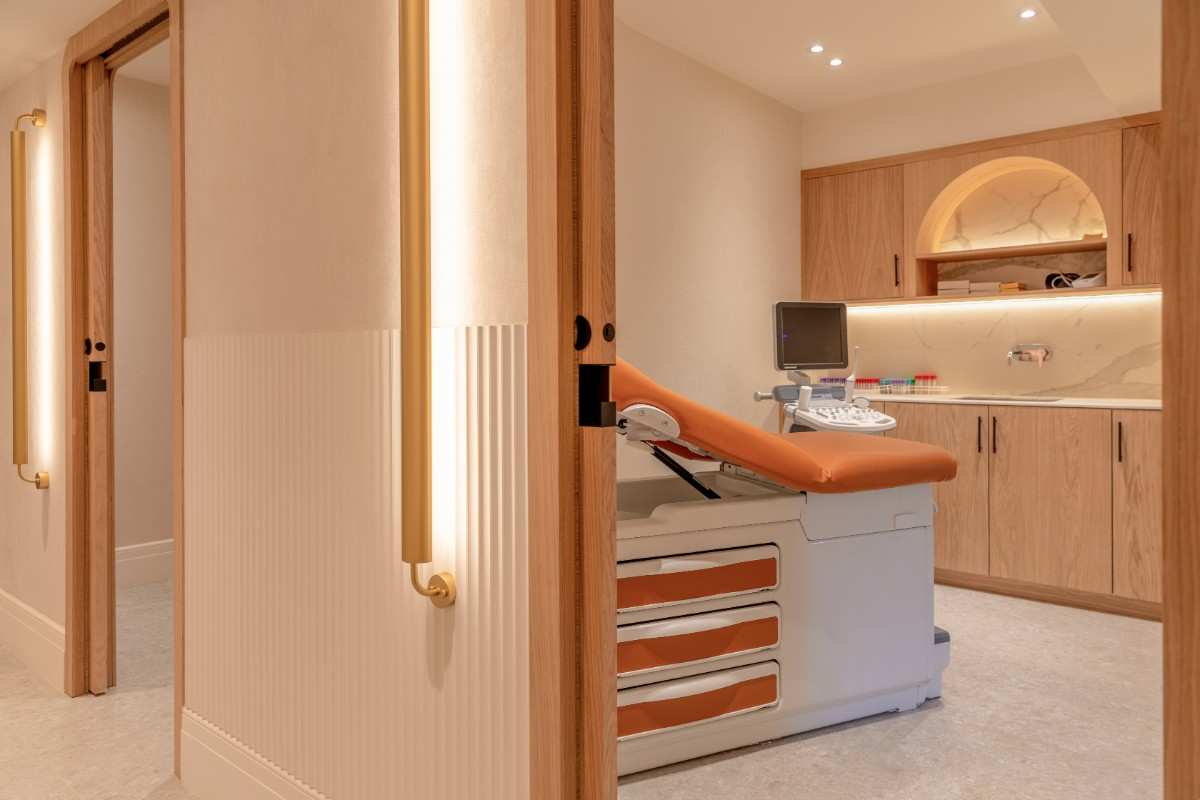
We stand out by offering personalized protocols and treating each client as a cherished individual, rather than a mere number on a waiting list.

According to Spanish law, egg donation, like any organ or biological tissue donation, is anonymous and altruistic. This means that neither the donor nor the recipient can know the identity of the other person. Once you are known to your doctor at NatuVitro, along with your partner if you have one, and your donor, it will be your doctor's responsibility to ensure the maximum compatibility between both parties, as well as the safety and well-being of both.

Our team of gynecologists, coordinators, and biologists, all with extensive experience in Assisted Reproductive Technology (ART), personalizes and adjusts your treatment and budget according to your preferences while optimizing your success rates and prioritizing your health and the well-being of your future baby.
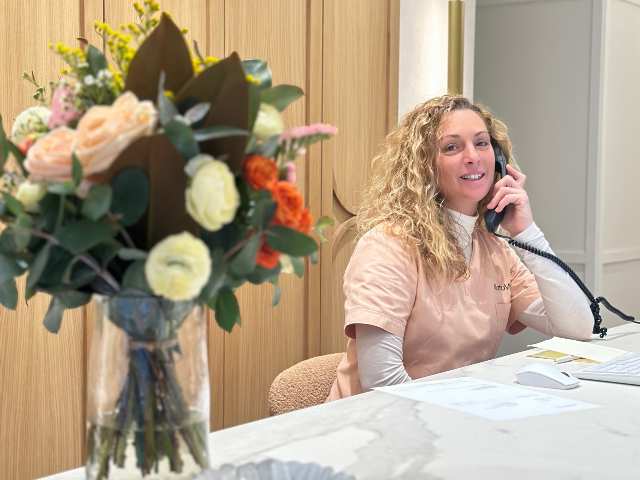
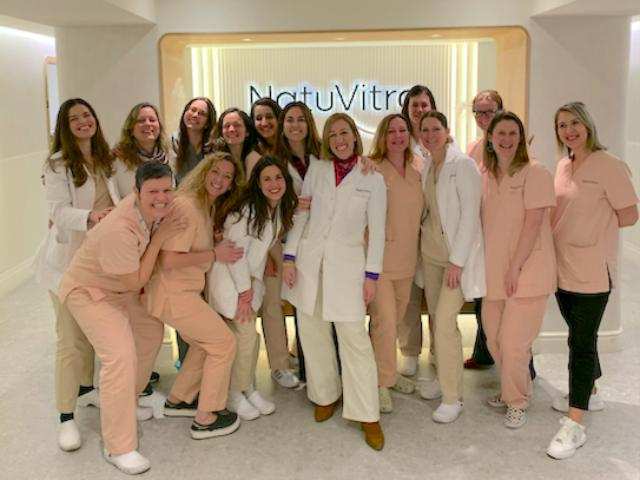
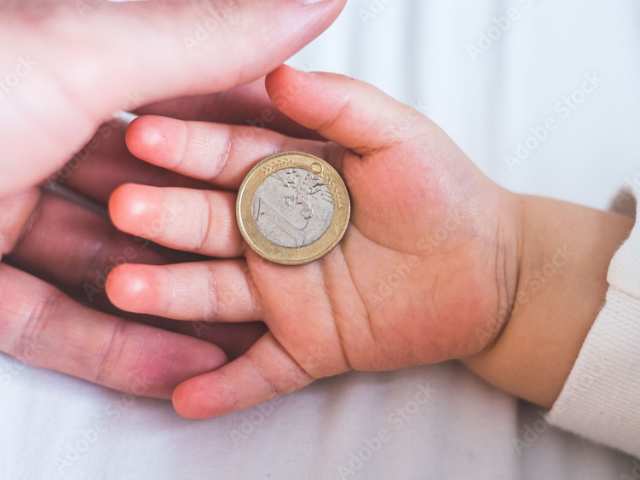
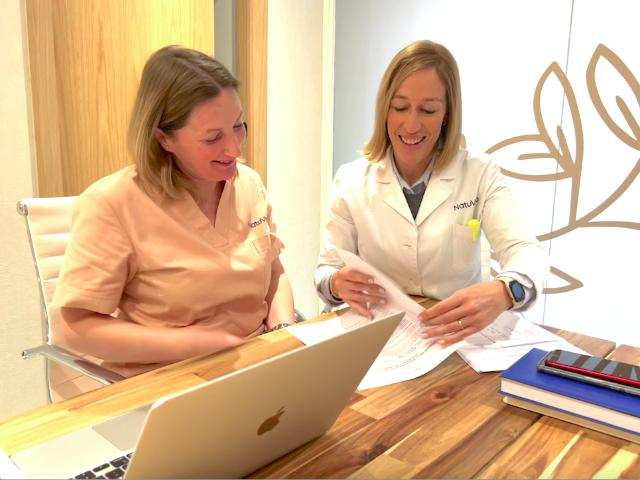
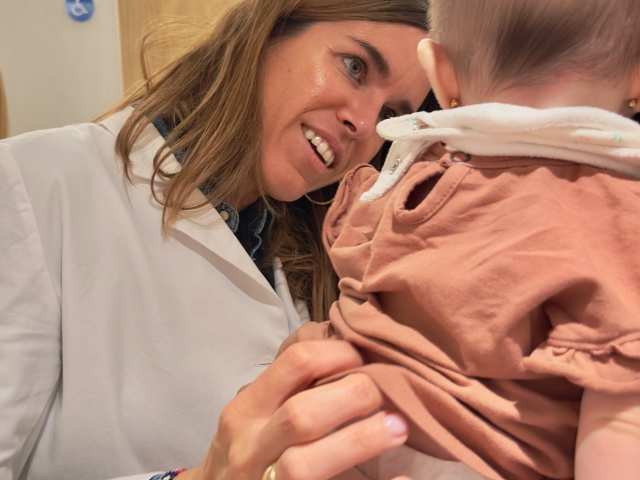
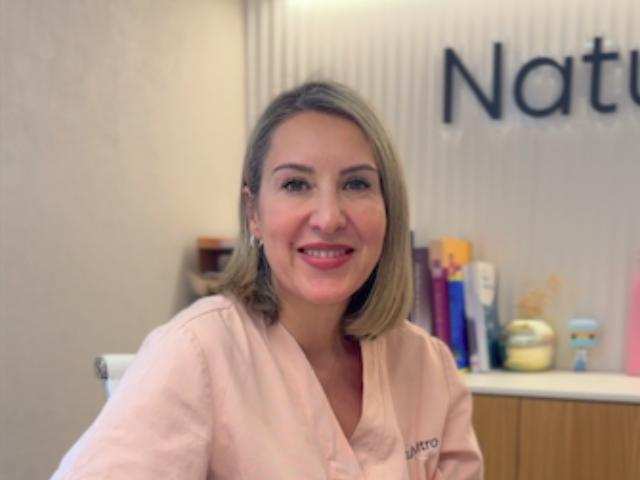
| 2023 | Positive Beta HCG | Clinical Pregnancy |
| Synchronous egg donation | 88% | 79% |
| Frozen egg donation | 70% | 52% |
| Substitutive Hormonal Treatment | 62% | 47% |
| Natural cycle egg donation | 75% | 56% |
Here are our results in 2023 for egg donation for patients aged 40 to 50 years old. The choice of protocol depends on your profile and we always choose the best option for your case.
When a young woman decides to donate her eggs, we start with a pre-selection process with a list of basic questions to determine if we can accept her into our donation program. Next, a clinical consultation with a gynecologist evaluates her overall health and reproductive health by analyzing her medical history, family history, any addictions she may have, her motivations, and any medication she may be taking. We conduct a blood test to eliminate the risk of infectious diseases (Hepatitis, HIV, chlamydia, etc.), perform gynecological exams, and conduct a thorough genetic analysis to minimize the risk of transmitting genetic diseases to the future baby. The final validation is done by a psychologist who assesses her profile and gives the green light regarding her emotional and mental health, and detects any deviations. We analyze the donor's genome using the qQuarrier plus test, which studies genes responsible for over 300 diseases.
According to Law 14/2006, of May 26, on assisted reproductive techniques, egg donation is an anonymous, altruistic, and voluntary act by which a healthy young woman decides to donate a small part of her eggs to an assisted reproduction clinic. Before going to the assisted reproduction clinic, women who wish to donate their eggs must verify if they meet the requirements of the Spanish law on egg donation:
The law also defines the medical and psychological examinations that egg donors must undergo:
A psychological test is also performed to verify that the woman does not suffer from any mental disorder. Once all the required tests for egg donors have been passed, the donation procedure takes place essentially in two steps:
Due to the potential risks and inconveniences associated with the donation process, a compensation is set by the Ministry of Health in the amount of 800 to 1000 euros, which will be provided by the clinic. It is the medical team who will be responsible for matching the donor and recipient, thus preserving the anonymity of the donation. Law 14/2006 stipulates that: In all cases, the medical team of the clinic must strive to guarantee the greatest phenotypic and immunological similarity possible between the donor and the recipient woman. This means that the medical team must compare the profiles of available donors with the recipient in order to find the one that presents the greatest compatibility:
Let's start with our gynecologists: each of them has over 5 years of experience in renowned Spanish assisted reproductive technology (ART) centers (Dexeus, Eugin). The same goes for our nurses and medical assistants, who have all been recruited from ART centers and therefore have the required experience to provide the best care for our patients.
Whether it's doctors or medical assistants, they are very attentive to our patients and answer all their questions. If the distress is more significant, a psychologist is available to help with the care.
We do not have a waiting list, the only obstacle is completing or updating the necessary tests and examinations and starting the endometrial preparation of the recipient.
Matching is governed by Law 14/2006, which states that: in all cases, the medical team at the clinic must strive to ensure the greatest possible phenotypic and immunological similarity between the donor and the recipient woman. This means that the medical team must compare the profiles of available donors with the recipient in order to find the one that presents the greatest compatibility:
In addition, egg donation is completely anonymous. Neither the donors nor the recipients should know the identity of the future recipients of their gametes, nor vice versa.
The donation of oocytes does not require any immobilization. After the embryo transfer, the recipient can resume her normal life after a few minutes of tranquility in the recovery room.
After 9 to 15 days from the embryo transfer, the woman will take a pregnancy test to evaluate if the desired pregnancy has been achieved. This test consists of measuring the serum levels of the pregnancy hormone: beta-hCG.
During these 9 to 15 days, your doctor and your assigned medical assistant are available for any information or support. The woman should also continue taking progesterone after the transfer until the time indicated by the doctor, which can go up to the 12th to the 20th week of gestation.
We can keep your vitrified embryos at the clinic. The vitrification and annual maintenance of frozen embryos from the day of vitrification costs €400 per year, for an indefinite period as long as you cover the expenses.
Most members of our administrative and care team are multilingual (French, English, Russian, Italian, German, Arabic...), and we can also use interpreters for more specific languages.
Our facility is one of the most efficient because we have implemented an ultra-sophisticated air treatment system that eliminates, in addition to the required standard norms, all volatile organic compounds from the laboratory. The technological means implemented in our laboratory are innovative and high-performing.
We use the Embryoscope Flex, which is equipped with micro-cameras that allow the laboratory team to monitor the development of each embryo in real time, without disturbing them, and without modifying the ideal temperature or the protective indoor atmosphere.
The operating theater is also equipped with the best possible technology, and our rest areas are designed to make every patient feel comfortable.
We have several protocols for egg donation with endometrial preparation that can be done either with hormonal substitution treatment or in a natural cycle. The choice between these two preparations is made after your first visit with your doctor, as several factors need to be evaluated to choose one protocol over the other. Monitoring is typically done at home with your treating doctor (ultrasounds, blood tests...) and the results are transmitted to us. The transfer is performed by the doctor at the clinic who has been following you since your first visit.
The Spanish Law on Assisted Human Reproduction (Law 14/2006) establishes that gamete donation must be an act of solidarity, altruism, and anonymity, therefore the identity of the donor and the recipient is confidential and they cannot know each other. In addition, egg donors or sperm donors cannot meet the children born through their donations.
Normally, the only information about the egg donor that can be provided to the recipient or the children born through egg donation is related to medical history that may influence pregnancy, such as age or blood type.
Our panel of donors is large enough to ensure that egg donation is provided without a waiting list. Donors will be assigned to recipients in an effort to ensure as much as possible the phenotypic (physical characteristics) and immunological similarity between the two.
We welcome patients from all cultural, religious, and geographical backgrounds to our clinic. Even the members of our team are multicultural: Spanish, Italian, French, Algerian, Russian, Chinese...
According to the law, the Activity Registry of the center is published, at least once a year, with information about its activity regarding the number of approved techniques and processes of different types, as well as the success rates, in terms of reproduction, achieved by the center and with each reproduction technique. We share the results of our center on our website.